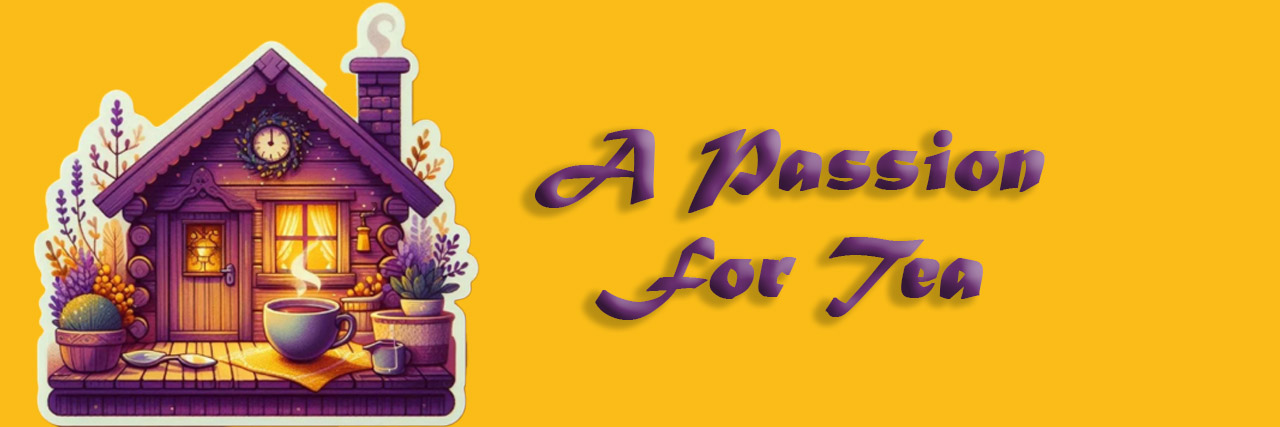Tea has been a source of comfort for centuries, and it’s not just about warming up on chilly nights. Cultures from all over the globe have tapped into the calming effects of herbal teas long before modern medicine put its stamp on sleep aids. There’s some solid science backing these traditions, and it’s comforting to know that something so soothing might also be incredibly beneficial for our sleep.
Herbal teas are fascinating little concoctions, packed with naturally calming compounds like the famous L-theanine found in green tea, and herbal goodies like apigenin in chamomile. These compounds are your body’s gentle nudges toward relaxation, helping lower stress levels and easing anxiety. They basically wave a soft goodbye to the brain’s constant excitement, helping you find that peaceful sleigh to Dreamland.
Unlike black or green teas that are steeped with caffeine and might secretly plan to keep your eyelids propped open, herbal teas make no such promises. They are generally caffeine-free, which is a big deal for anyone trying to catch some z’s without midnight wake-up calls. By forgoing caffeine, herbal teas allow your body’s natural sleep signals to do their thing without interruption.
Now, beyond what’s snapping and fizzing in your cup, the act of brewing tea itself can also work wonders. Taking the time to steep your favorite brew and sip it slowly isn’t just a hip nighttime trend; it’s a timeless ritual effective in winding down. As the steam wafts around and you cradle the warm mug, it signals to your body that the day’s busyness is behind you, helping your brain switch from action to restoration mode.
Top Herbal Teas for Nighttime Relaxation
 Every sip you take can make a big difference in how you snooze, especially with the proper herbal tea. Choosing the perfect brew to lull you into sleep can be a game-changer in your nighttime routine.
Every sip you take can make a big difference in how you snooze, especially with the proper herbal tea. Choosing the perfect brew to lull you into sleep can be a game-changer in your nighttime routine.
Chamomile tea reigns supreme when it comes to sleepy-time teas. Chamomile has earned its spot as a go-to for reducing insomnia symptoms, thanks to apigenin. It’s like a gentle lullaby in a cup that tells your brain to chill and let the Z’s come.
Then there’s lavender tea, which isn’t just about its Instagram-worthy color. Known for a floral scent that can ease stress and lower your heart rate, lavender tea sets a peaceful scene for rest with each calming sip.
Lemon balm tea carries a gentle citrusy vibe and brings a sense of calm with it. Known for taming cortisol levels, it’s a nice switch-up if you’re feeling the stress highs.
Valerian root tea is another big favorite and might actually be the heavy hitter of this group. This earthy brew can speed up that dozing-off process while improving your overall sleep quality. Just keep an eye on the amount – a small dose is just fine!
Passionflower tea, queen of calming, works by soothing your senses in a tranquil bath. It’s got GABA up its sleeve, a precious neurotransmitter that cuts down brain chatter and whispers sweet nothings to nudge you into slumber.
And last, peppermint tea may not be a sedative, but its cooling relief on digestion makes it a solid choice if tummy troubles keep you awake.
Brewing Techniques for the Perfect Sleep-Inducing Tea
Crafting that perfect cup of tea before bed isn’t just about tossing a bag into hot water. It can be an art form—a ritual worth savoring. Starting with high-quality, filtered water is a must. This simple step ensures you’re getting the cleanest taste and the full benefits of your chosen herbal blend.
The magic happens in the steeping. Most herbal teas need to steep for around 5 to 7 minutes. It gives them the chance to release all those sleepy-time compounds into the water fully. Don’t rush it; let the steeping time be your moment to breathe and unwind.
Sweetening your tea doesn’t mean you have to grab for the sugar bowl. Consider healthier options like a teaspoon of raw honey or maybe a splash of oat milk for a creamier twist. These alternatives add just enough sweetness without overpowering the natural flavors.
Remember that a soothing environment around you enhances the whole experience. Dim the lights, light a candle, or play some soft tunes. Creating a peaceful setting as you sip can make your tea time feel like a personal spa retreat, inviting tranquility before the night takes over.
Establishing a Sleep-Enhancing Tea Ritual
Building a nighttime tea ritual is like crafting a personal oasis of calm, inviting your body to ease into rest. Consistency is the secret ingredient here. Doing the same relaxing routine every night helps signal to your brain that it’s time to wind down.
Start by dimming the lights and putting away digital distractions at least 30 minutes before you hit the pillow. This quiet time prepares your mind to focus on the comforting process ahead.
Choose your preferred herbal tea and treat the brewing process with care, like you’re preparing a cherished family recipe. It’s not just tea—it’s the start of something soothing.
While your tea steeps, explore activities that promote relaxation: crack open a book, jot down your thoughts in a journal, or do some gentle bedtime stretches. These actions complement the calming effects of the tea and help your mind transition into a state of restfulness.
Adding a touch of aromatherapy can magnify the chill vibes. Try lighting a candle or using a diffuser with a few drops of lavender essential oil. Let the fragrances mix with the steam from your tea to deepen your relaxation.
As you sip your tea, take deep breaths and let the warmth center you, signaling your body that it’s okay to let go of the day’s tension. Over time, this ritual becomes more than just a habit—it becomes an invitation to unwind and recharge.
Considerations and Precautions Before Bedtime Tea
Before diving into any herbal regimen, a bit of caution goes a long way. Always make sure your nightly brew is genuinely caffeine-free to avoid any surprise wakefulness. A quick glance at the package will confirm it, ensuring that your tea is sleep-friendly.
It’s crucial to consult your healthcare provider, especially if you’re on medication or expecting a baby. Some teas, like valerian or passionflower, can interact with medications or affect pregnancy, so professional advice is invaluable.
Keep an eye out for any allergies. For example, if you’re sensitive to plants in the daisy family, chamomile might not be your best mate. Being aware of your body’s reactions helps prevent any unwanted surprises.
Listen to your body and hear what it’s saying. If something feels off after drinking your tea, it’s okay to reassess and switch things up. Pay attention to how your body responds to different teas—you know it best.
With a mindful approach, your nighttime tea can become a safe and beloved ritual. It’s all about creating a restful routine that suits your needs, setting the stage for a good night’s sleep.
Sources for top teas for sleeping
Here are some of my sources for teas for sleep and calming rest:
- SleepyTime – Melatonin, bags, caffeine free
- Celestial Seasonings Variety Pack, bags, herbal
- Republic of Tea Chamomile Lemon, bags
- FGO organic hibiscus, bag, caffeine free
- Republic of Tea, Organic Egyptian Chamomile Superherb Tea, bags, caffeine free.
- Tearelae Passion Flower Tea, bags
Affiliate Links
This post may contain affiliate links, which, if clicked on and an item purchased, I receive a small commission.
Comments
I enjoy receiving comments and questions from my blog site visitors, please leave yours below – Shirley


Comments